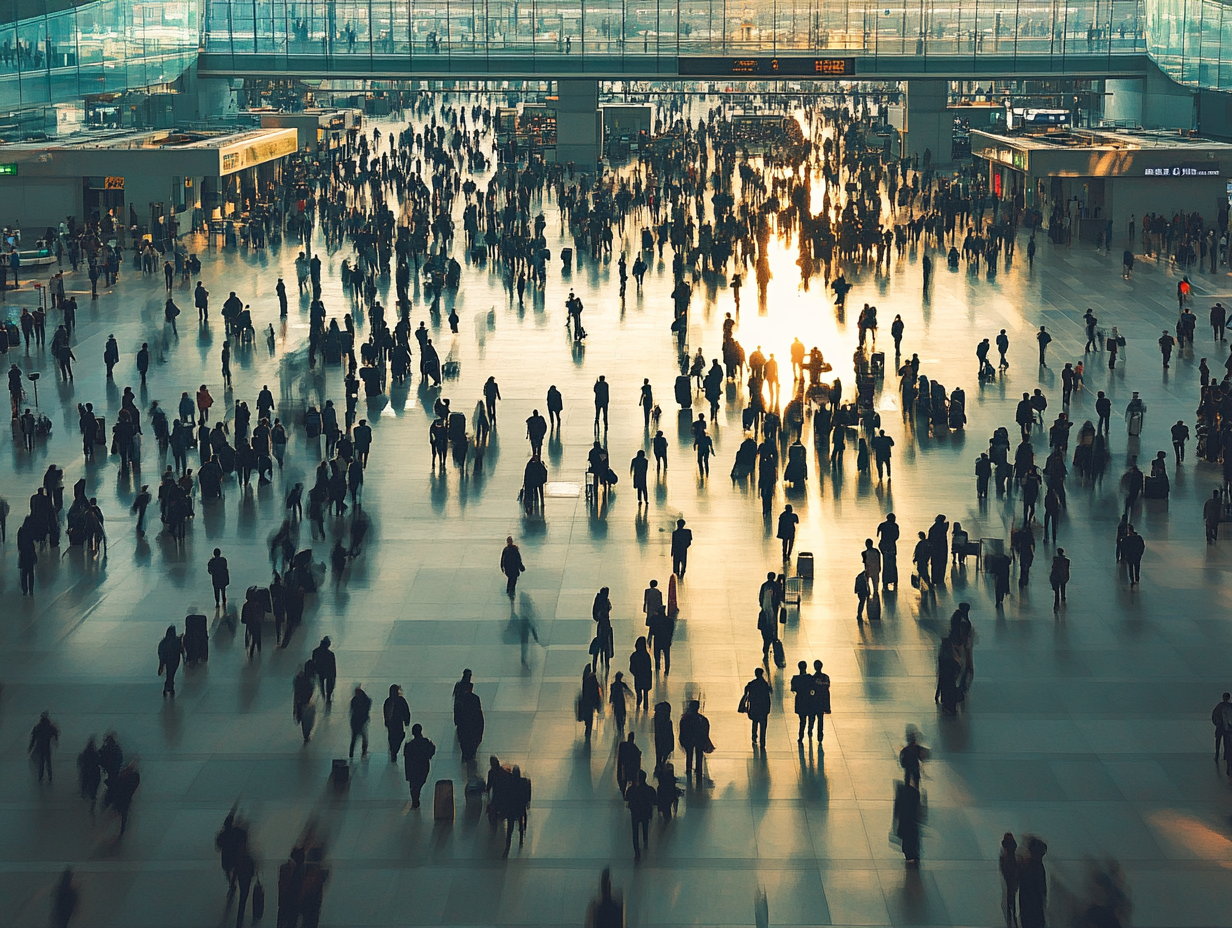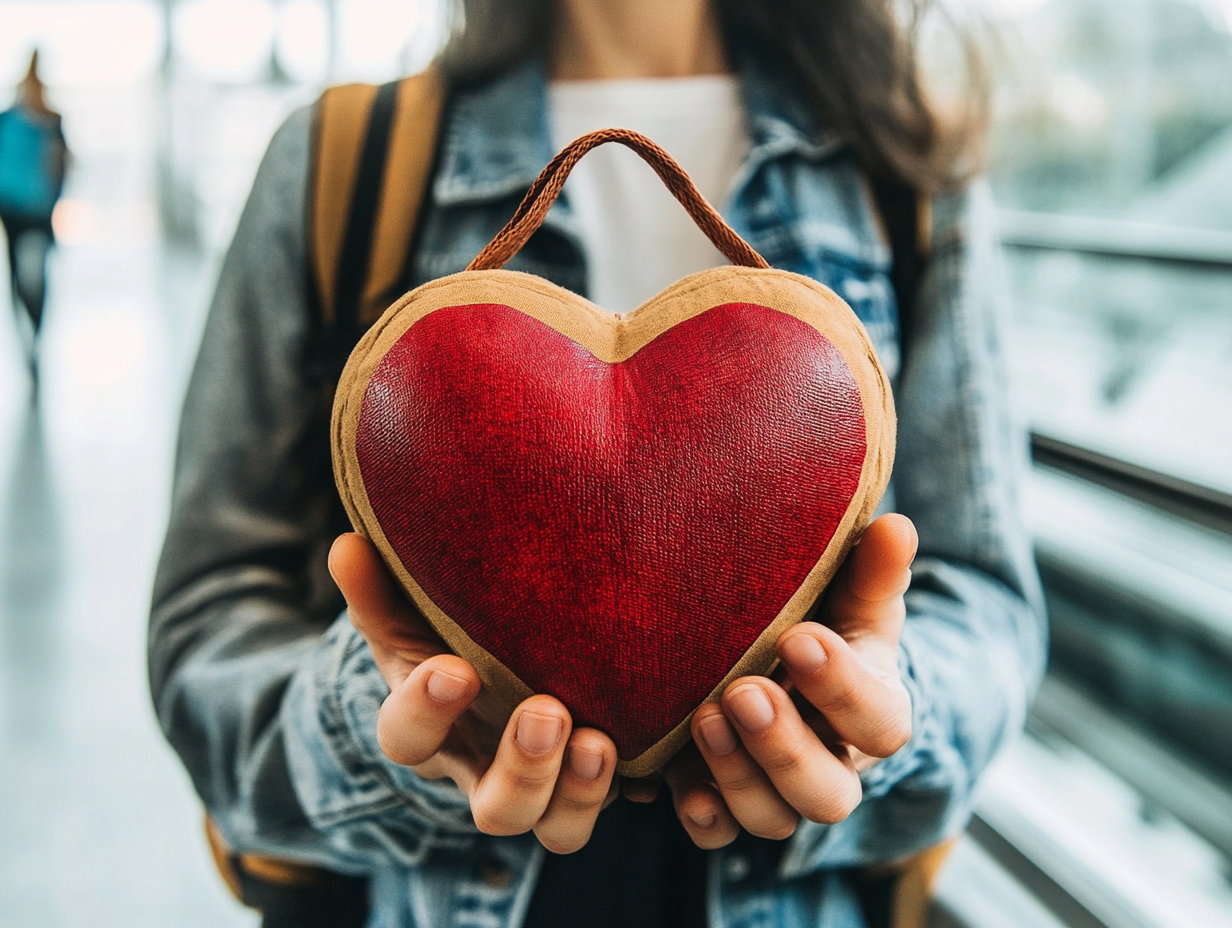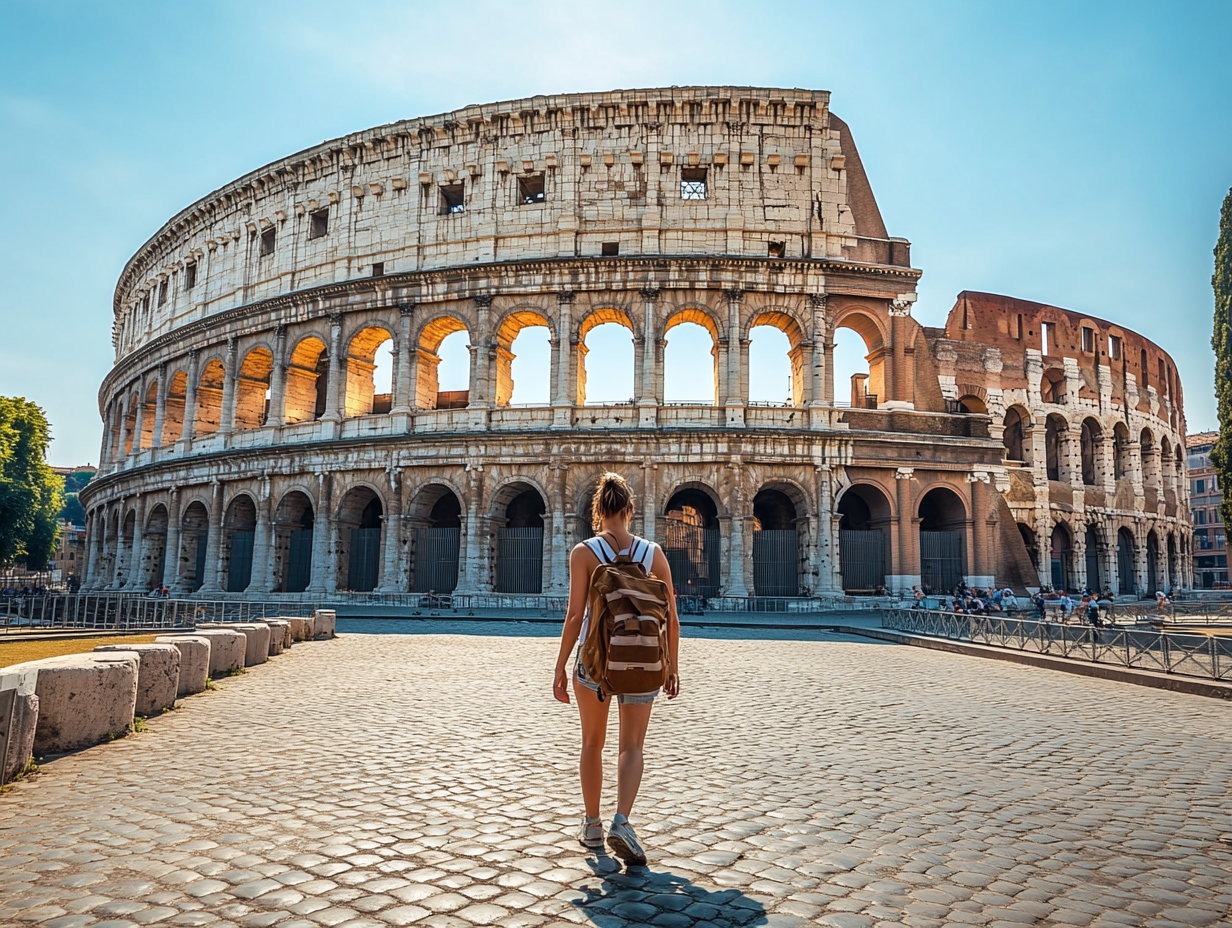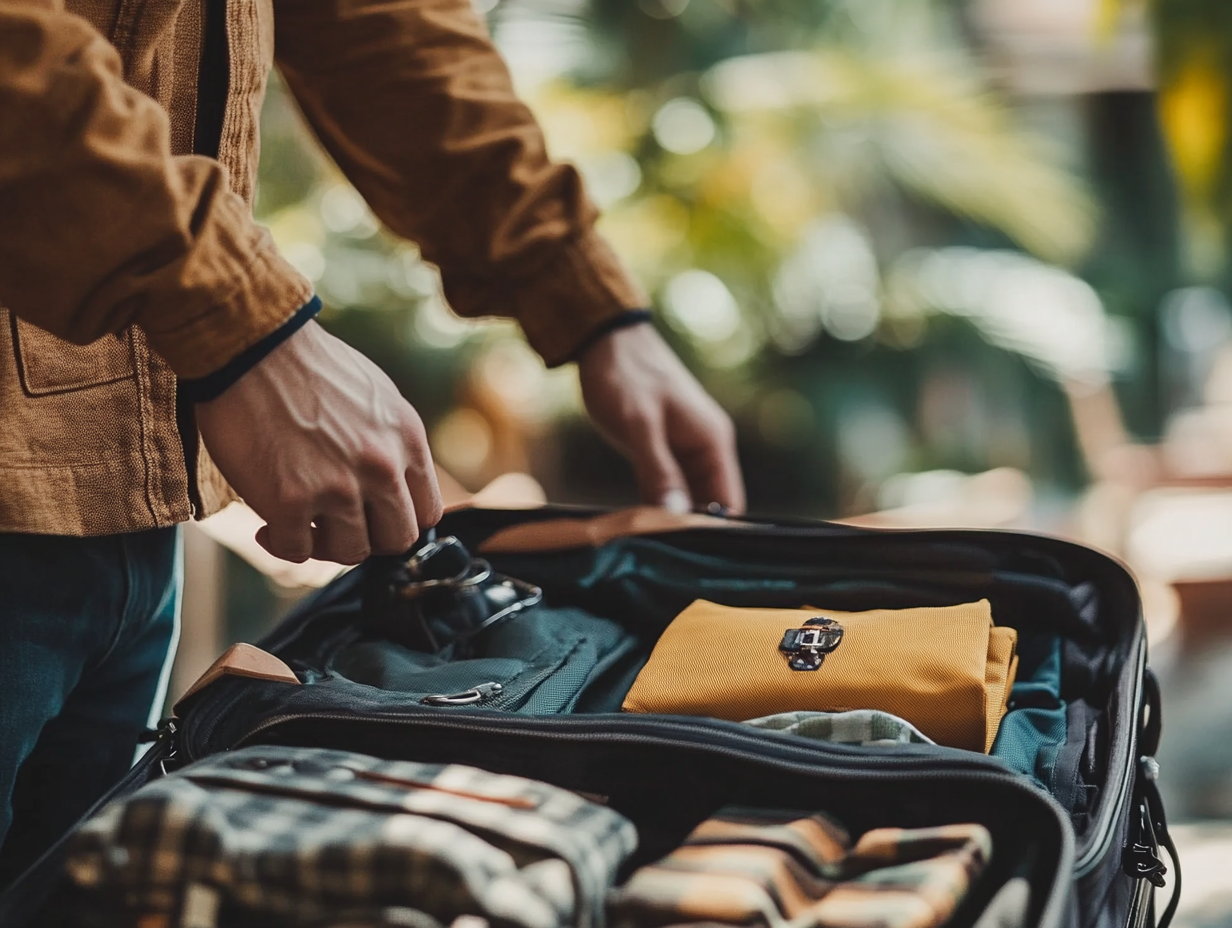The UAE’s airports are gearing up for high passenger volumes during the upcoming Eid Al Fitr holiday
With multiple holidays approaching from March through August, UAE citizens and residents are eagerly packing their bags to enjoy the spring weather at their favorite destinations this year.
The UAE’s airports are gearing up for high passenger volumes during the peak holiday seasons including school spring break (20 March-13 April), Eid Al Fitr (late March), Hajj Season (May), Eid Al Adha (early June) and the School Summer Break (28 June-24 August) this year to ensure a smooth journey for guests.
Emirates expects a surge in traveler volumes arriving in and departing from Dubai during the Eid al-Fitr holiday. The peak period for departures from Terminal 3 is projected to occur on March 28 and 29, as well as April 5 and 6. During these dates, more than 80,000 travelers are anticipated to travel abroad for their spring break holidays. Meanwhile, Etihad Airways is preparing to welcome thousands of additional guests at Zayed International Airport during these peak periods.
If you are planning to travel from the UAE during the peak holiday season this year, make sure to follow these tips to ensure a smooth experience:
Book flights and hotels early
Flights from the UAE to popular destinations sell out fast during Eid Al Fitr, Eid Al Adha, and the summer break, with demand causing significant price hikes. Planning your trip and booking in advance will ensure better ticket options and can also save you money.
Early planning allows you to choose preferred flight times, better seating options and accommodations in prime locations before they get fully booked. If your schedule allows, consider flexible dates to find the best deals and avoid peak pricing surges.
Avoid peak travel days
Airports in the UAE usually experience a surge in travelers right before and after public holidays, leading to long queues, crowded terminals and higher ticket prices. To bypass the rush of peak holiday seasons in the UAE, try to fly out a day or two before the holiday officially begins and return a day after it ends.
This strategy can help you avoid hectic cues, potential flight delays and premium fares charged on high-demand travel days. If your schedule is flexible, consider mid-week departures and arrivals, as these often have lower prices and fewer crowds.
Arrive early at the airport
UAE airports can experience heavy congestion during peak holiday seasons, with long queues at check-in, security and immigration. To avoid unnecessary stress, arrive at least four hours before departure.
Checking in online and using self-service kiosks can save time at the counter. If you’re traveling with baggage, drop it off early to avoid last-minute rushes. Additionally, be aware of potential traffic delays on the way to the airport and plan accordingly to ensure a smooth departure.
Stay informed
Staying informed is key during busy travel periods. During peak travel periods, flight schedules can change due to high air traffic, weather conditions, or operational delays. Stay updated by regularly checking your flight status through your airline’s website or mobile app.
You can also follow Dubai (DXB) and Abu Dhabi (AUH) airports on social media for any updates on airport conditions, security wait times and travel advisories. Being proactive can help you adjust your plans smoothly and avoid unnecessary disruptions.
Pack smart and follow airline rules
Overpacking can lead to unexpected excess baggage fees, especially during peak travel seasons when airlines strictly enforce weight limits. Check your airline’s baggage allowance in advance and weigh your bags before heading to the airport to avoid last-minute repacking or extra charges.
If possible, opt for carry-on luggage to skip long baggage drop-off lines and avoid delays at baggage claim upon arrival.
Monitor traffic
During peak travel seasons, roads leading to airports in the UAE experience heavy congestion, especially around holiday weekends. To avoid unnecessary stress, plan your route in advance and allow extra travel time. Using a taxi service can help you bypass the hassle of airport parking, which tends to fill up quickly during busy periods.
Consider taking the Dubai Metro to the airport to avoid road traffic. Metro stations connect directly to Terminals 1 and 3 at DXB, providing a convenient and time-saving alternative. Additionally, if staying in the city before your flight, trams and water taxis can help you navigate busy areas while avoiding road congestion.
Keep essential documents on hand
Traveling during peak holiday seasons can be hectic, so having all your important documents easily accessible is crucial. Carry both printed and digital copies of your passport, visa, travel insurance, flight tickets and hotel bookings in case of connectivity issues or lost luggage.
Save soft copies on your phone, email or a secure cloud service for quick access. Additionally, if your destination requires vaccination certificates or entry permits, keep those readily available to avoid delays at immigration. Having everything organized ensures a smoother travel experience, especially in case of unexpected situations.
Exchange currency before you fly
Airport currency exchange kiosks often offer less favorable rates and higher fees compared to local exchange houses in the UAE. To get the best value for your money, visit trusted money exchange centers before departure. These centers typically offer better rates and lower service fees than airports or overseas exchanges.
Additionally, carrying a mix of cash and an international travel card ensures you’re prepared for destinations where card payments may not be widely accepted. Planning ahead can help you save money and avoid last-minute hassles.



